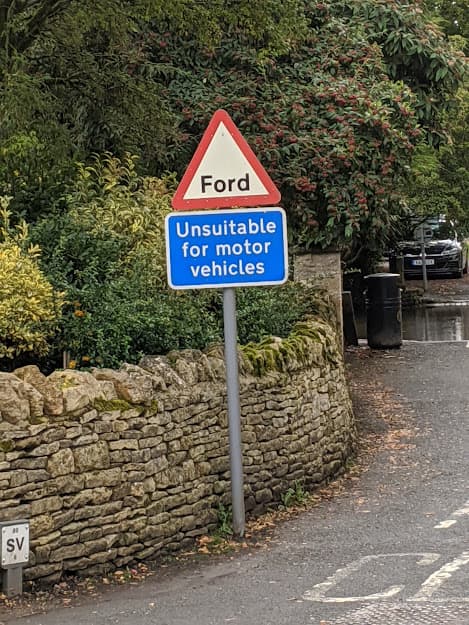Malik’s book is full of delicious nuggets of the kind, and though his claims about the modern invention of race and racism aren’t news, he must be commended for the sheer accumulation of evidence in their favour. Through it all, he maintains a consistent and compelling argument: that race and racism served as alibis for class-based regimes of domination and exploitation that took hold — again, paradoxically — in the wake of the Enlightenment.
Slavery in the American South, for example, was racialised after the fact, as a way to break alliances between European indentured servants and African slaves, and to legitimate the greater use of slaves (whose bondage had no limits). In Europe, meanwhile, as capitalist development necessitated imperial expansion, good Enlightenment liberals increasingly adopted racialised claims about the need for the higher races to discipline the lower.
In the imperial cores, meanwhile, they came to treat their own outwardly “white” working classes as a different race . Indeed, race “scientists” ranked various European peoples according to the different quotients of Nordic, Alpine, and Mediterranean mojo that supposedly coursed in their veins; it just so happened that the Irish were found to have an outsize portion of Mediterranean “genes” — a fact that naturally explained their subjugation.
The problem was that the radical, anti-racist Enlightenment of, say, a Diderot was eclipsed by the more moderate posture of a Burke or an Adam Smith, which was prepared to accept domination in the name of pragmatism and even “progress”. And as the liberatory promises of the Enlightenment crashed on the rocky shores of capitalist political economy, with its need for colonial expansion, darker racial sentiments took hold, as did the impulse for national purification and separation.
It fell to others — to Europe’s victims — to bring Enlightenment ideas to their logical conclusion. The heroes of Malik’s book are the “black Jacobins” of the Haitian revolution as well as C.L.R. James, Frantz Fanon, and even Malcom X in his later years. These were figures who saw — or in time came to see — that class and economic exploitation form the more fundamental power relationship in modern society. Race, in many ways, works to legitimate class-based domination and, especially in the United States, to forestall the emergence of a cross-racial labour movement.
Progressive identity politics, he suggests, obsessed with “cultural appropriation” and language-policing, harkens back to old ideas of racial separateness. It, too, helps forestall class solidarity across skin colour. At one point, Malik notes archly that one of the earliest “Black Power” conferences, in the Nixon era, was sponsored by… makeup brand Clairol.
Malik’s class-based analysis is largely correct: once you notice how 21st-century identity politics helps uphold today’s neoliberal political economy — offering diversity in the boardroom, but not living wages, good health care, and safe retirement — you can also see how the 19th-century variety served to uphold that era’s class-based hierarchies.
In the face of this, what is desperately needed is a more robust universalism, capable of generating and sustaining solidarity across cultural divides. Malik puts his hope in the ideals of the radical Enlightenment


